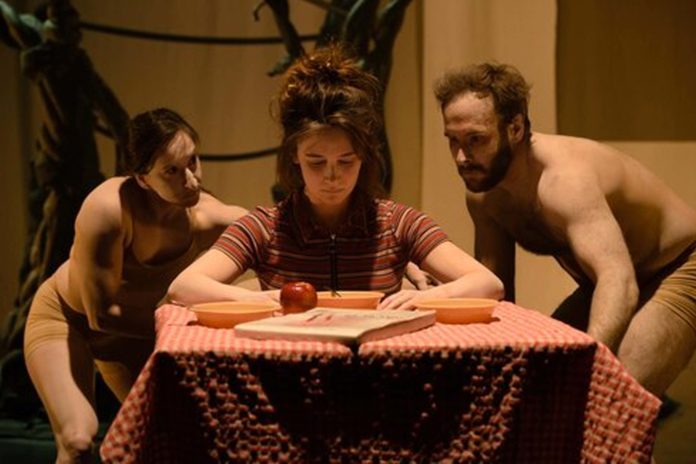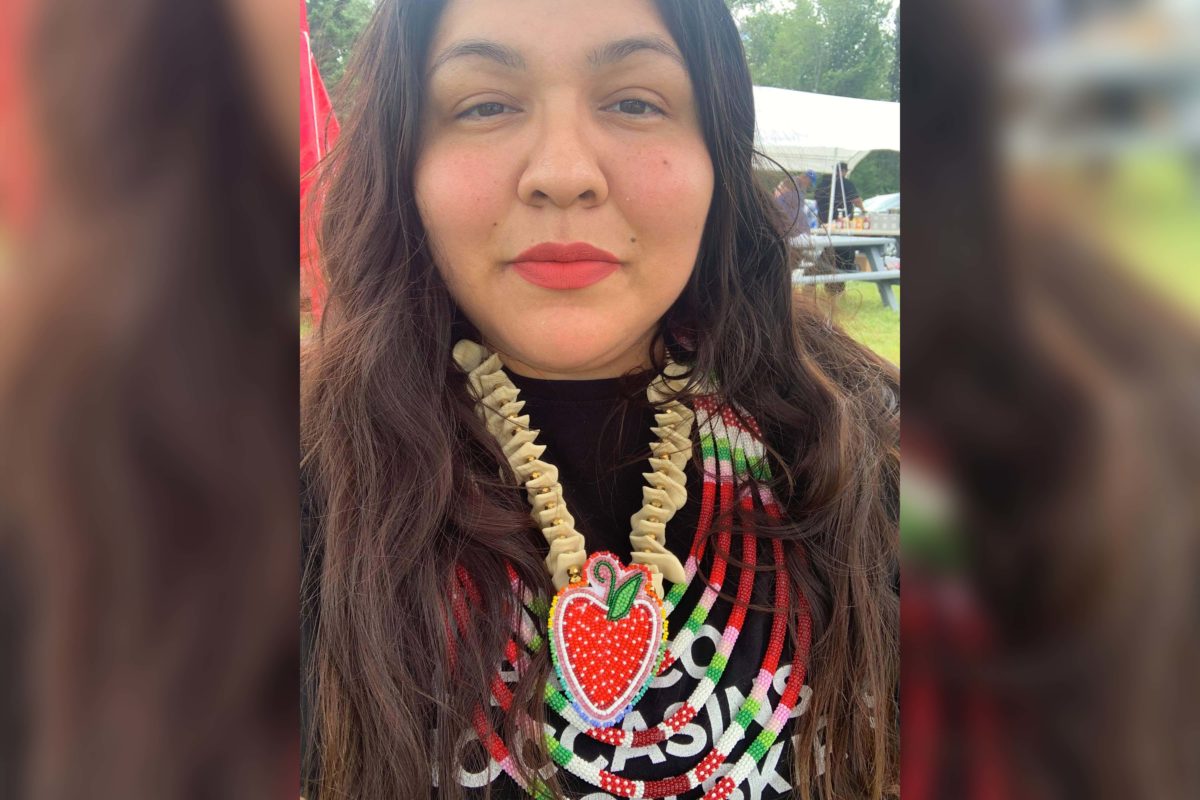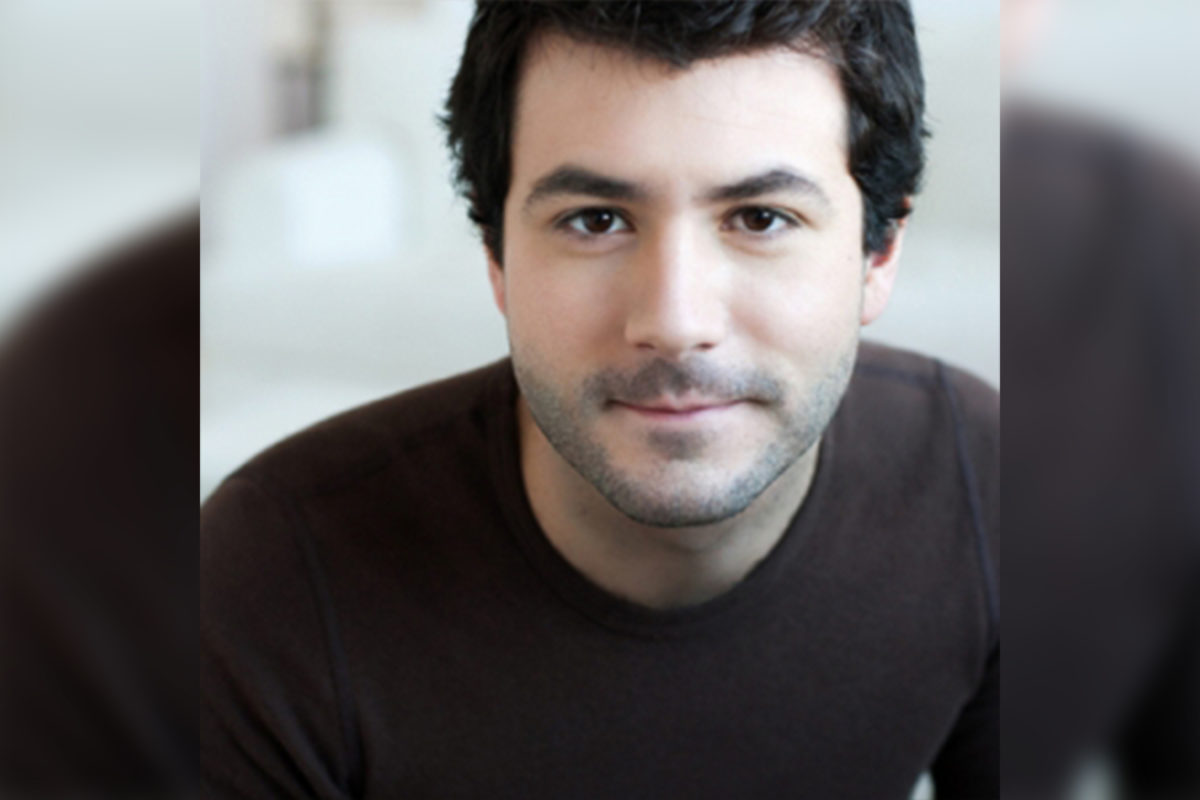

Some voices are missing from theatre stages in New Brunswick.
Natasha Barlow is a Mi’kmaq actress, playwright and director from Indian Island First Nation who studied at Cape Breton University. She said that while she hasn’t experienced any targeted racism in the N.B. theatre community specifically, she doesn’t feel welcome.
“If you’re going into somewhere which is predominantly non-Indigenous, you might feel nervous about it, whether or not you’ll fit in, or if you’re going to face a lot of racism,” said Barlow. “It’s always like you’re walking the fine line of whether or not you know you can enter those spaces without it being a fight.”
Along with the unwelcoming environment, Barlow said she sometimes feels that Indigenous Peoples are only cast in roles that are specifically written for an Indigenous character.

While there are a number of theatre companies that are attempting to close this gap between Anglophone/Francophone theatre and Indigenous theatre, such as Satellite Theatre and Solo Chicken Productions, Barlow said there are still too many theatres that aren’t putting in that same effort.
“[Solo Chicken Productions and Satellite Theatre] have been great, but I haven’t really seen that kind of enthusiasm from anybody else … You want to feel included and we want our stories told, we want to feel like we’re welcomed,” said Barlow.
Marc-André Charron is the founder of Satellite Theatre. The theatre company began in Montreal, Quebec in 2009, before it moved over to Moncton, N.B. in 2016.
Charron, who consistently works with people of all ethnicities to create shows for Satellite Theatre, said that one of the first things he noticed when he got to N.B. was that theatre is white and male-driven.
“We figured out that if we wanted to have more diversity, we needed to find ways to grow, because people, for whatever reasons…weren’t feeling welcome,” said Charron. “We could publish whatever audition notice we wanted, but neither Indigenous people or people from cultural diversity would turn up.”


Charron said he is aware of the barriers that separate minorities such as Indigenous Peoples, people of colour and queer people from stepping onto the main stage in Canada.
“I believe that for the longest time, Canadian theatre, in general, was allergic to Indigenous theatre because whatever they had to say was going to be divisive or a problem or God forbid, true,” said Charron.
Satellite Theatre wants to help resolve this issue and is working hard on creating a more open theatre community and inviting other theatres to do the same.
Charron said Satellite Theatre does this with events such as public discussions on Indigenous theatre led by Indigenous actors, playwrights and directors; touring Indigenous communities to discuss with them what they want theatre to be; and getting more Indigenous stories told on stage in general.
“This whole idea of truth and reconciliation doesn’t happen without truth first, and if we don’t hear the stories, if we don’t know about each other, then there’s nothing to be built,” said Charron.
